Publications
Articles, publications, books, tools and multimedia features from the U.S. Institute of Peace provide the latest news, analysis, research findings, practitioner guides and reports, all related to the conflict zones and issues that are at the center of the Institute’s work to prevent and reduce violent conflict.
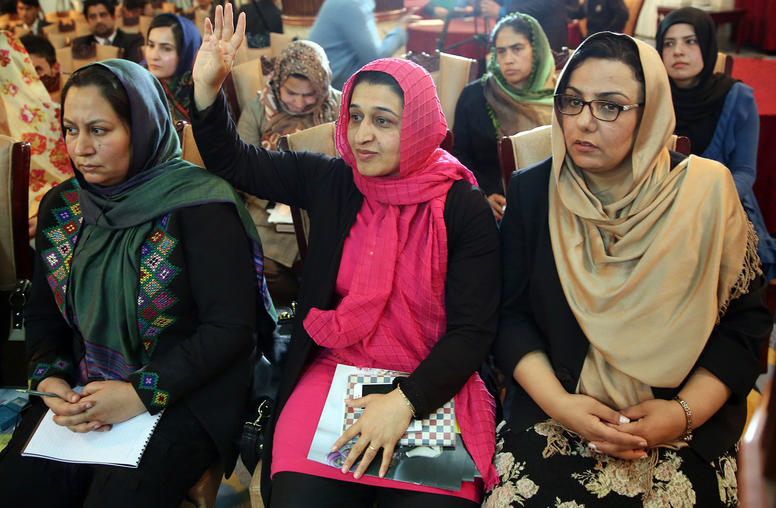
Understanding Resistance to Inclusive Peace Processes
Current peace processes are designed to be more inclusive of women, civil society, youth, opposition political parties, and other frequently marginalized communities. Implementation of inclusive peace processes, however, has not progressed smoothly—and are frequently met with resistance. Based on an examination of instances of resistance in thirty peace and transition negotiations since 1990, this report enhances practitioners’ understanding of who resists, against whose participation, using what tactics, and with what motives.
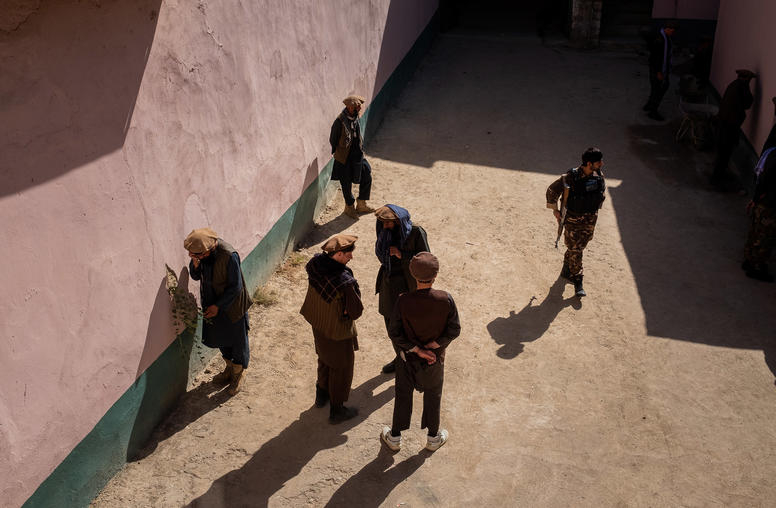
Taliban Fragmentation: Fact, Fiction, and Future
For years, the U.S. military pursued a "divide and defeat" strategy against the Afghan Taliban, attempting to exploit the supposedly fragmented nature of the group. Drawing on the academic literature on insurgency, civil war, and negotiated peace, this report finds that the Taliban is a far more cohesive organization than a fragmented one. Moreover, Taliban cohesion may bode well for enforcing the terms of its February 29 agreement with the United States, and any eventual settlement arising from intra-Afghan negotiations.
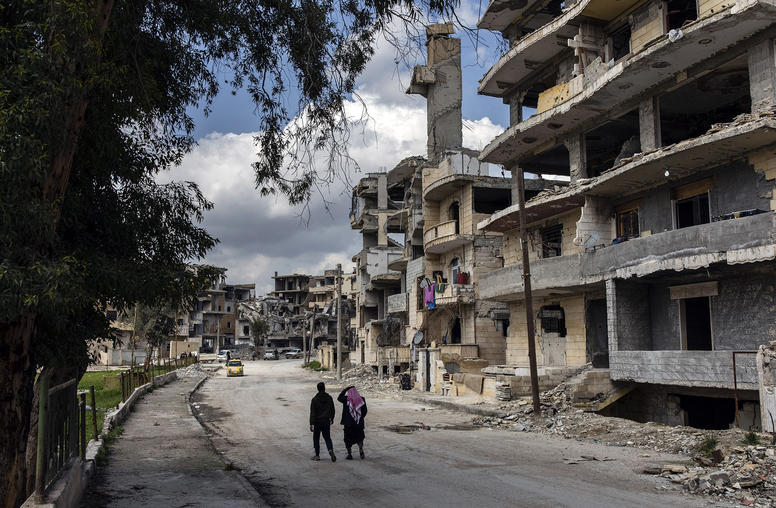
Rethinking Transnational Terrorism: An Integrated Approach
The 2011 civil war in Syria attracted thousands of fighters from at least seventy countries to join the Islamic State. Al-Shabaab carried out large-scale attacks on civilian targets in Uganda and Kenya as retribution for the deployment of peacekeeping forces in Somalia. In this report, Martha Crenshaw considers the extent to which civil war and foreign military intervention function as a rationale for transnational terrorism, and how understanding the connections between terrorism, civil war, and weak governance can help the United States and its allies mount an appropriate response.
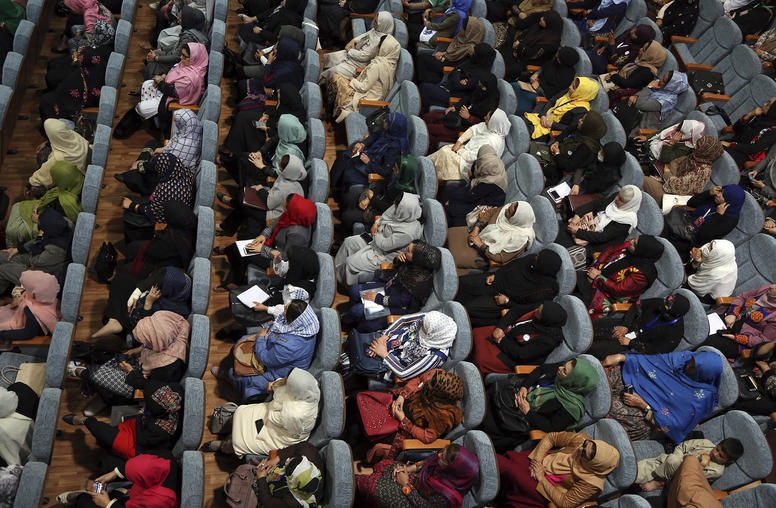
Afghan Women’s Views on Violent Extremism and Aspirations to a Peacemaking Role
Recent efforts at settling the decades-long conflict in Afghanistan have featured an increasingly vibrant and visible display of women’s activism. Even with the support of the government and its international partners, Afghan women still face tremendous challenges to realizing their aspirations for a role in peacemaking. Based on extensive interviews throughout Afghanistan, this report attempts to better understand the changing public role of Afghan women today and their contributions to peacebuilding and ending violence.
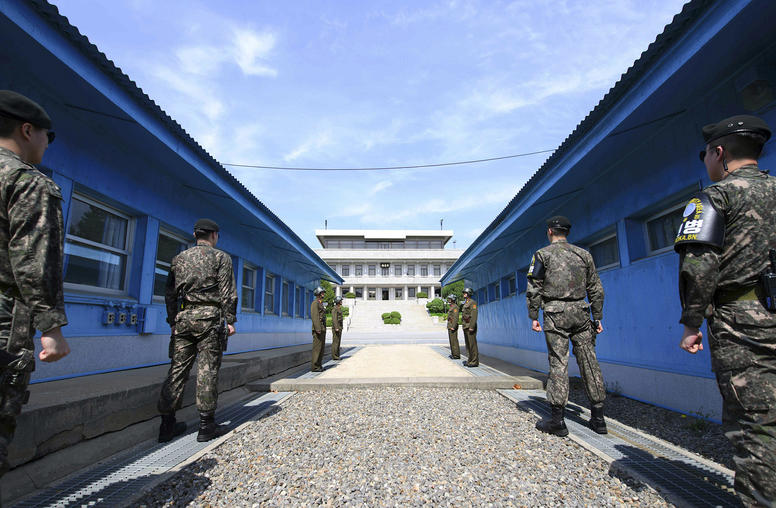
A Peace Regime for the Korean Peninsula
A joint statement by the United States and North Korea in June 2018 declared that the two countries were committed to building “a lasting and stable peace regime on the Korean Peninsula.” Such a peace regime will ultimately require the engagement and cooperation of not just North Korea and the United States, but also South Korea, China, Russia, and Japan. This report outlines the perspectives and interests of each of these countries as well as the diplomatic, security, and economic components necessary for a comprehensive peace.
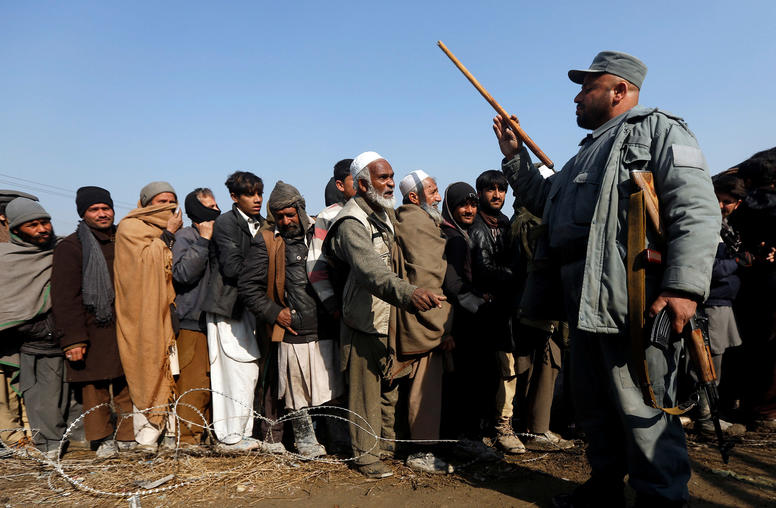
Displacement and the Vulnerability to Mobilize for Violence: Evidence from Afghanistan
Forced displacement affects over 70 million people worldwide and is among the most pressing humanitarian and development challenges today. This report attempts to ascertain whether a relationship exists between displacement in Afghanistan and vulnerability to recruitment to violence by militant organizations. The report leverages an understanding of this relationship to provide recommendations to government, international donors, and others working with Afghanistan’s displaced populations to formulate more effective policies and programs.
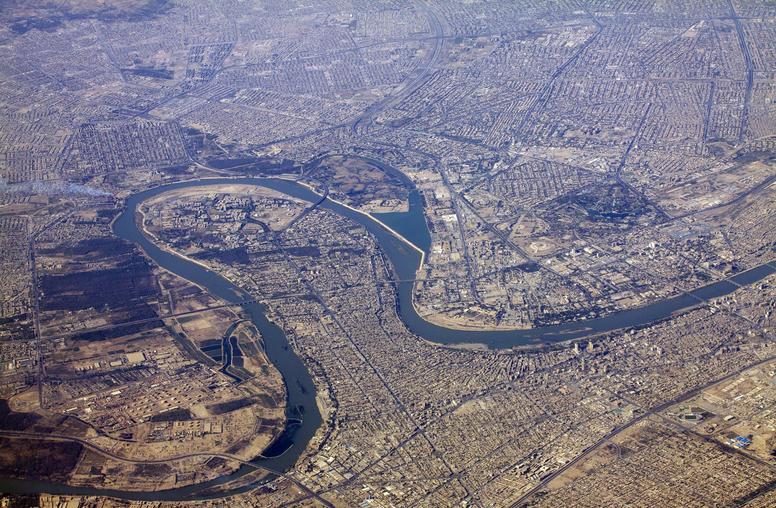
Engaging the Post-ISIS Iraqi Religious Landscape for Peace and Reconciliation
Religious actors in Iraq wield considerable influence, and Iraqis perceive them as playing an important role in moving the country toward peace. This report analyzes the influence of Iraq’s religious actors—who has it, why they have it, and how they exercise it—to illuminate their crucial role in supporting peace and reconciliation efforts and to help policymakers and practitioners understand how to engage them in efforts to advance peace.

Engaging the Post-ISIS Iraqi Religious Landscape for Peace and Reconciliation (Arabic)
Religious actors in Iraq wield considerable influence, and Iraqis perceive them as playing an important role in moving the country toward peace. This report analyzes the influence of Iraq’s religious actors—who has it, why they have it, and how they exercise it—to illuminate their crucial role in supporting peace and reconciliation efforts and to help policymakers and practitioners understand how to engage them in efforts to advance peace.
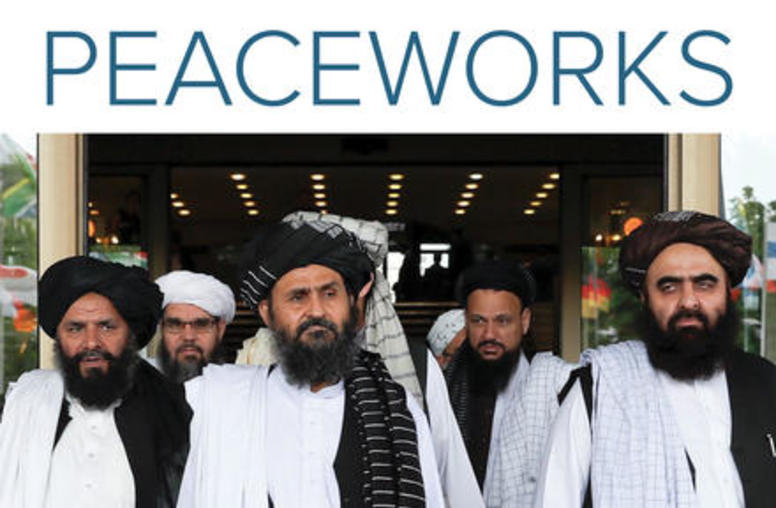
Insurgent Bureaucracy: How the Taliban Makes Policy
The system of shadow Taliban governance and the experiences of civilians subject to it are well documented. The policies that guide this governance and the factors that contribute to them, however, are not. This report examines how the Taliban make and implement policy. Based on more than a hundred interviews and previously unreleased Taliban documents, this report offers rare insight into Taliban decision-making processes and the factors that influence them.

Local Cross-line Coordination in Syria
Throughout the eight-year-long conflict in Syria, the movement of people and goods—including vital foodstuffs, medicines, equipment, and fuel—has often been severely restricted by periods of prolonged fighting. Yet in many areas, local arrangements, historical circumstances, and key actors have facilitated trade and movement across the lines of conflict. This report examines four cross-line areas in Syria and draws lessons for how these local dynamics might affect the resolution of the larger conflict and these communities in the long term.